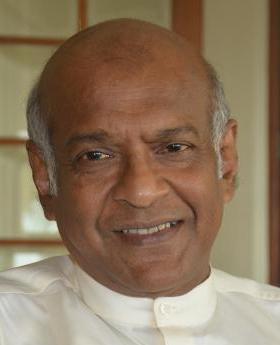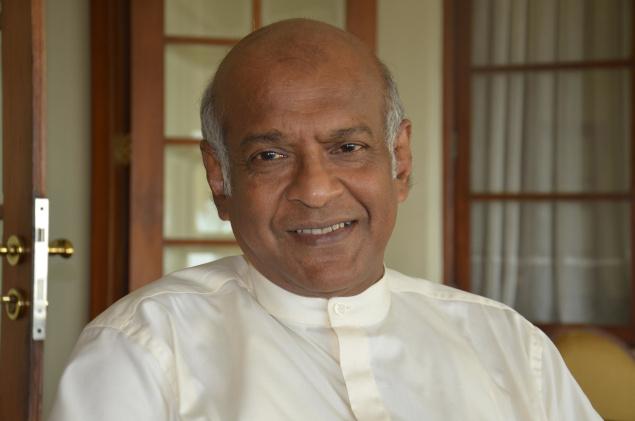Sri Lanka’s new High Commissioner to India, Prof Sudharshan Seneviratne said that there was a need to redefine diplomacy to include shared histories, culture and heritage of countries, in addition to economic and political ties. Rather than trying to resolve issues by using a “drab, dry language of diplomacy,” it was important to look at them holistically.
Prof Seneviratne in an interview with The Hindu has said issues such as the implementation of the 13th Amendment — India has been pushing Sri Lanka to devolve more powers to its provinces as per this Amendment — the fishermen’s conflict or [the claim to] Katchatheevu could be resolved by coming together and working without “being parochial about it”.
At the recent bilateral meeting in New Delhi where Foreign Ministers of both countries met, the countries resolved to address the fishermen’s issue in the most humane way, Prof Seneviratne was quoted as having said.
“Ultimately, when we speak of two countries, we are not talking about faceless people, but about real human beings. When we are representing countries, we are representing people.”
As a young historian training in India, Prof Seneviratne worked under many eminent historians, including Romila Thapar and R. Champakalakshmi. Delhi University, where he pursued his Bachelor’s degree, was not too different from the urban academic space in Colombo, “but the vibrancy and ethos at Jawaharlal Nehru University [where he did his masters and PhD] was unbelievable,” he says, his face lighting up as he speaks of his alma mater.



Leave a comment